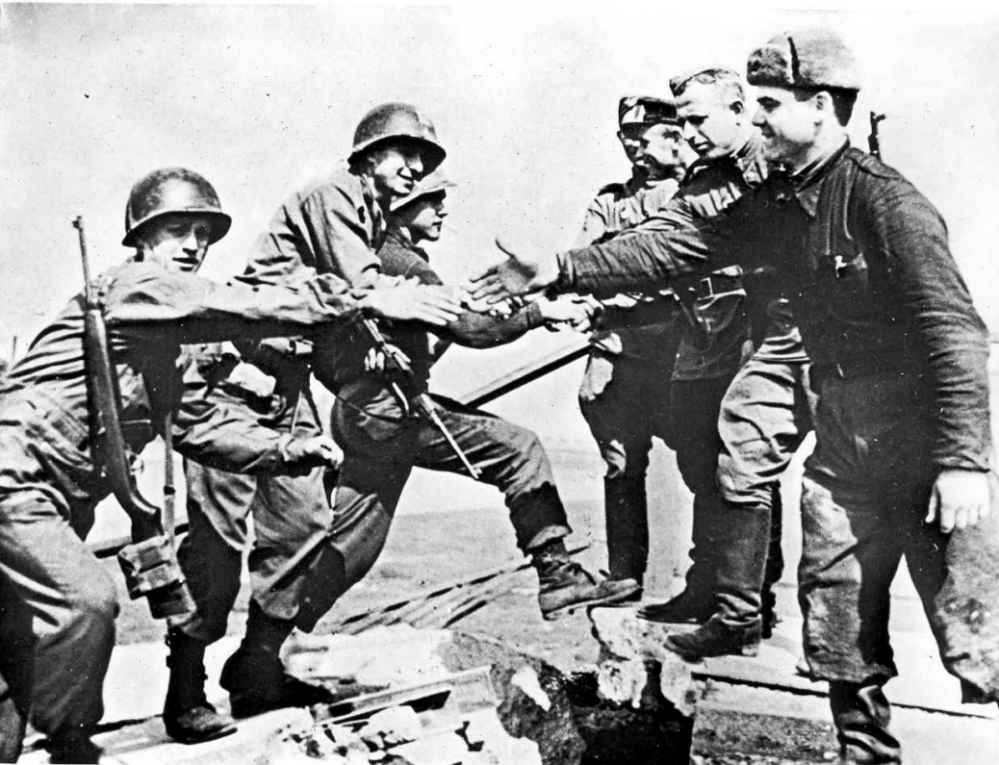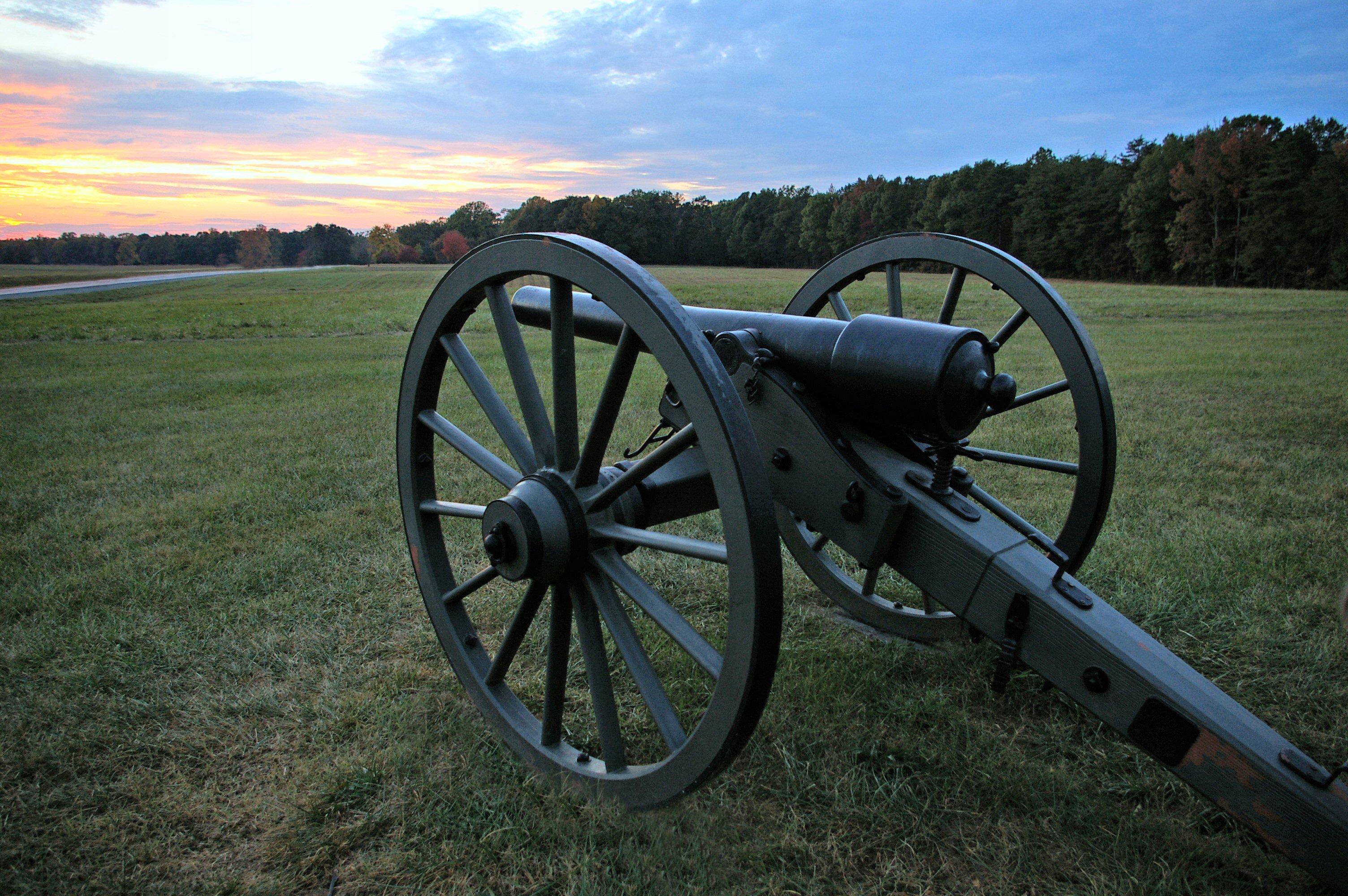
“It is to an early and speedy showdown and settlement with Russia that we must now turn our hopes.”
WHILE THE WORLD celebrated the defeat of Nazism in May of 1945, one of the architects of that very victory was in little mood to rejoice.
As the people of Europe looked forward to a new era of peace, British prime minister Winston Churchill was contemplating devastating fourth act of the Second World War in Europe – a whole new conflict that would pit the U.K. and America, along with a rehabilitated Germany, against the Soviet Union.
Three months earlier at the Yalta Conference, Stalin pledged to both Churchill and President Franklin D. Roosevelt that once the war with Germany was over, the Soviet Union would pursue a hands-off policy towards the newly liberated Eastern European states. Now with the war against Hitler won, Churchill was becoming increasingly troubled by news from the east – news that Stalin was was tightening his grip on the region, particularly Poland.
“This constitutes one of the most melancholy events in the history of Europe and one to which there has been no parallel,” Churchill wrote in early May. “It is to an early and speedy showdown and settlement with Russia that we must now turn our hopes.”
Accordingly, the prime minister had his generals draw up plans for an immediate surprise attack on Britain’s former ally. The plan was dubbed Operation Unthinkable. D-Day would be July 1, 1945 and by all accounts it was going to be a true “mother of all battles.”
The objective of the operation would be to push the Red Army out of eastern Germany and Poland as well.
The plan called for 47 British and American infantry division and armoured divisions to tear into the Soviets near Dresden and then push east.
Backing up the western Allied assault would be 10 Polish army divisions.
Understanding that the combined British, American and Polish forces would still be outnumbered more than four-to-one in infantry and two-to-one in tanks, Churchill hoped to enlist the help of some new and rather improbable allies — the Wehrmacht. Operation Unthinkable called for up to 100,000 German troops to take part in the surprise attack.
To that end, the prime minister ordered units in Germany to stockpile captured Axis arms and equipment for use in the upcoming campaign.
Of course, the organizers at the British Army’s Joint Planning Staff knew that the Soviets would retaliate violently. In fact, the brains behind Unthinkable expected heavy Russian resistance after the initial Allied shock and awe wore off. The generals conservatively estimated that the fighting would last into 1946.
They also warned the prime minister to expect reprisals from Stalin against Western interests in Iran and the Middle East, as well as the Pacific. In fact, planners even anticipated a possible alliance between the Soviet Union and Japan.
As the weeks passed following VE Day, those involved with the project realized that Operation Unthinkable was slowly changing into Operation Unlikely.
Intelligence sources were indicating that the Soviets suspected such a plan was in the works and some feared that Stalin’s spies in London were aware of the operation. Worst of all, President Truman who was consumed with ending the war in the Pacific, was entirely opposed to Unthinkable and flatly refused to offer any American troops.
It became quickly clear that the campaign was little more than a pipe dream. The plan was shelved and forgotten. It was only made public in 1998.
SOUCES
http://www.historylearningsite.co.uk/operation_unthinkable.htm
http://en.wikipedia.org/wiki/Operation_Unthinkable
http://www.dailymail.co.uk/debate/article-1209041/Operation-unthinkable-How-Churchill-wanted-recruit-defeated-Nazi-troops-drive-Russia-Eastern-Europe.html – ixzz28w8jT9iL
(Originally published on Oct 15, 2012)










I think Churchill was quite right to distrust the Soviets and Roosevelt just a bit naive about “Uncle Joe Stalin.” Nevertheless, the plan as you say, had to be a pipe dream as long as it was proposed along conventional lines. Great post.
Thanks, Bruce. I’m glad you enjoyed it.
Patton was thinking along same lines and I believe cost him his life.
Reblogged this on Stuff That Interests Me and commented:
Churchill was right to distrust the Soviets but it’s doubtful the western allies could have taken on the Red Army in 1945 with conventional means. Interesting what if here!
I’m vaguely aware, but everything I had read previously was far more along the lines of how to defend western Europe against the red army once the Americans left.
I believe someone asserted there was a Portuguese speaking Parachute Division within the soviet armed forces.
Interesting bit of history… Enjoyed it. And in spite of the fact Churchill lost his job soon after the war, sentimentally, I feel he got the short end of the stick. Of those in power during the war – FDR, Churchill, Mussolini, Hitler and Hirohito, only Hirohito remained albeit a figure.
Russians were totally exhausted in Aug-Sep 1942.But god permitted them to collapse 50 years later.By 1990 Chinese,Koreans,Indians etc were no longer coolies.If Russian federation breaks up there will be an Islamic Empire in its place
This is my grandfather on the far left in this photo
Amazing. Thanks for that!